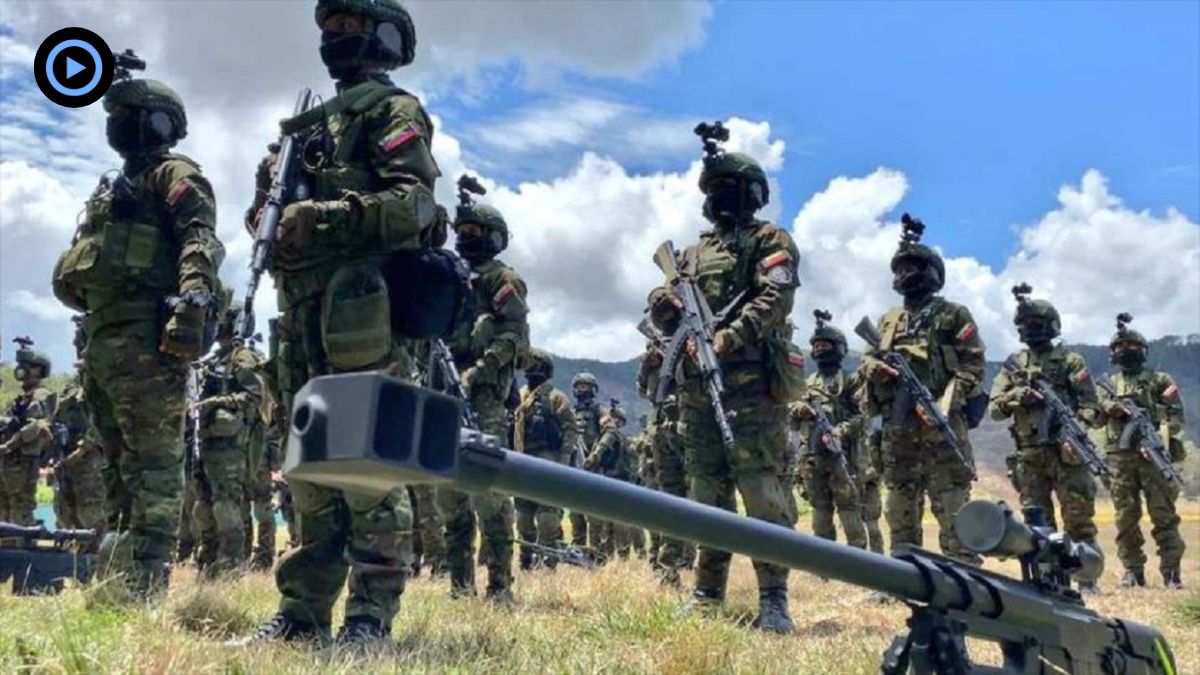Venezuelans Are Prepared to Fight US Invasion
Venezuelanalysis writer and editor Ricardo Vaz joined Sharmini Peries on theAnalysis.news to discuss the latest developments from Venezuela, including Washington’s military buildup, Caracas’ reaction and the role played by the far-right opposition.
Source: theAnalysis.news
